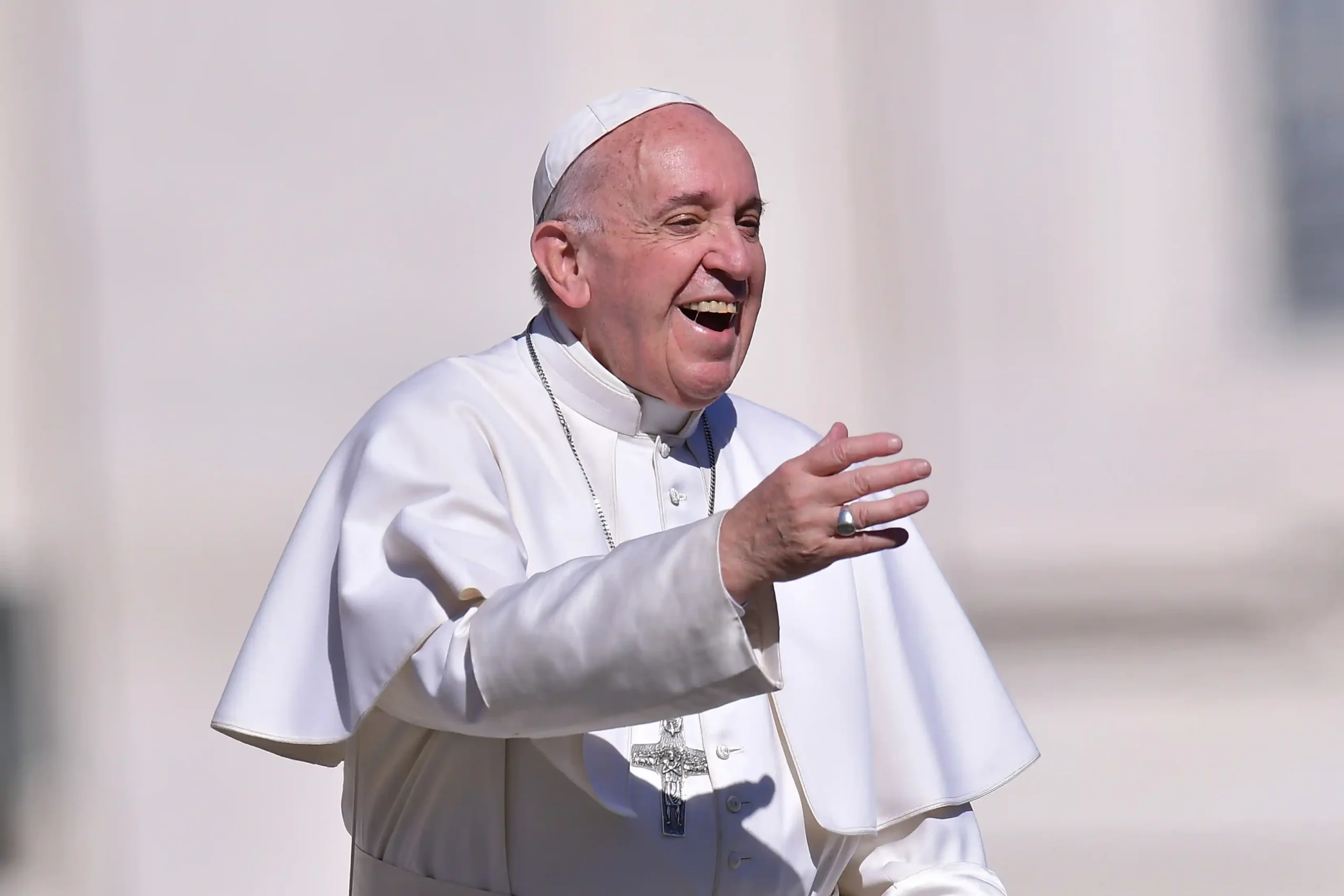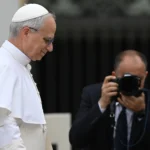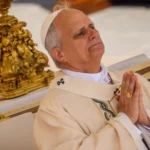This morning, the world was shaken by the sorrowful news: Pope Francis has died at the age of 88. The announcement was made with deep regret by Cardinal Kevin Farrell, who stated:
“Dear brothers and sisters, with profound sorrow, I must announce the death of our Holy Father Francis. At 7:35 this morning, the Bishop of Rome, Francis, returned to the house of the Father. His entire life was devoted to serving the Lord and His Church. He taught us to live the values of the Gospel with fidelity, courage, and universal love—especially in favor of the poor and the marginalized. With immense gratitude for his example as a true disciple of the Lord Jesus, we entrust the soul of Pope Francis to the infinite merciful love of the Triune God.”
According to Il Meteo, the Pope’s condition had severely deteriorated in recent weeks due to bilateral pneumonia. His health had been in decline since 2021, when he underwent colon surgery, and persistent knee pain forced him to use a cane. Despite these health challenges, he continued his papal duties with unwavering dedication and regularly attended official engagements.
Pope Francis often spoke openly about death, expressing a calm and thoughtful view of life’s end. He frequently stated that he did not fear death but only hoped it would come “without unnecessary suffering.” In one of his homilies, he described death as a “passage” rather than an end, urging the faithful to face it with hope, in light of the Christian promise of eternal life.
From Buenos Aires to the Vatican
Born Jorge Mario Bergoglio, Pope Francis came from a family of Italian immigrants in Buenos Aires. His father worked on the railways, and his mother was a homemaker. His early life gave little indication of a future in the Church—his decision to join the Jesuit order came at age 21, after completing high school. There, he studied theology and philosophy, eventually being ordained a priest in 1969.
In the 1970s, during a time of dictatorship and repression in Argentina, Bergoglio dedicated himself to teaching and spiritual formation. Though he never publicly opposed the regime, his unwavering support for the poor and his concern for human rights became defining features of his ministry.
By 1986, Bergoglio had been named auxiliary bishop and, in 1992, Archbishop of Buenos Aires. He became known for his modest lifestyle and closeness to the people, consistently advocating for a “poor Church for the poor.” He rejected ecclesiastical extravagance and emphasized humility and service.
In 2001, Pope John Paul II elevated Bergoglio to the rank of cardinal. Even in this high office, he remained committed to combating poverty and addressing social inequality. His ministry was marked by efforts to foster inclusion and interfaith dialogue, and he stood out as a leading voice for a Church that seeks to meet people where they are.
A Surprise Choice for Pope
Following the historic resignation of Pope Benedict XVI in February 2013, the Conclave convened on March 13. To many observers’ surprise, the cardinals elected a non-European: Argentine cardinal Jorge Mario Bergoglio. He chose the name Francis, in honor of Saint Francis of Assisi, the patron saint of the poor.
The choice marked a turning point in Church history: Pope Francis became the first Latin American pope, the first Jesuit pope, and the first to take the name Francis.
A Papacy of Renewal
From his very first day as Pope, Francis made clear his intention to reform the Church. He chose not to live in the lavish papal apartments, instead residing in a modest Vatican guesthouse. He immediately symbolized a different kind of papacy—one centered on humility, service, and outreach.
The key themes of his pontificate included:
- A tireless focus on poverty and economic inequality;
- Environmental responsibility, exemplified by the groundbreaking encyclical Laudato Si’;
- A willingness to address contemporary issues, from the role of women to LGBTQ+ inclusion;
- An ongoing push to decentralize Church authority and promote transparency.
He often described the Church as a “field hospital,” stressing that its mission was not to judge but to heal.
Pope Francis will be remembered as a Pontiff who sought to bring the Church closer to the people, strip away its pomp, and restore its human and spiritual essence. His death marks the end of a remarkable chapter in Catholic history, but his teachings and example are certain to inspire future generations of believers and leaders.
According to Il Meteo, preparations are already underway for his funeral and a likely Conclave that will gather cardinals from around the world. As the world mourns, the legacy of Pope Francis begins a new journey—one carried forward in the hearts of millions.
This article was prepared based on materials published by Il Meteo. The author does not claim authorship of the original text but presents their interpretation of the content for informational purposes.
The original article can be found at the following link: Il Meteo.
All rights to the original text belong to Il Meteo.





















